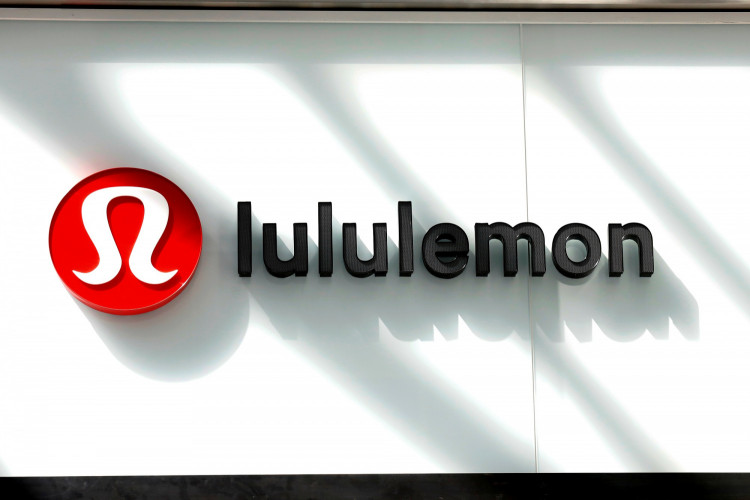Shares of Lululemon Athletica fell more than 20% in premarket trading Friday, after the company warned that new tariffs and declining U.S. store traffic would erode profits, triggering one of the steepest selloffs in the company's history.
The Canadian athleisure brand reduced its full-year earnings forecast to a range of $14.58 to $14.78 per share, down from the prior guidance of $14.95 to $15.15. Chief Executive Officer Calvin McDonald blamed the revision on "a dynamic macroenvironment" marked by "uncertainty" due to tariffs and a pullback in consumer visits to its U.S. locations.
"The current tariff paradigm has brought uncertainty into the retail environment," McDonald said during Thursday's earnings call. "We're definitely not happy where the growth is in the U.S."
Lululemon said it would implement "modest" price increases on a "small portion" of its offerings, including yoga pants and athletic wear, while expanding discounting strategies to stay competitive against rivals like Vuori, Alo, and On. Chief Financial Officer Meghan Frank said the company would remain flexible, emphasizing that its price hikes would be limited in scope.
Jefferies analyst Randal Konik expressed concern that Lululemon's continued emphasis on product development and China expansion may be misaligned with current market conditions. "We believe this misalignment is concerning," Konik wrote in a note to clients.
The company reported that health-related tariffs of at least 30% on Chinese imports and 10% on other countries-initiated under President Donald Trump-would significantly affect merchandise sourced from Vietnam, Cambodia, and Sri Lanka. Similar pressures recently led Gap to estimate a $100 million to $150 million cost burden for 2025.
"My sense is that in the U.S., consumers remain cautious right now, and they are being very intentional about their buying decisions," McDonald said.
Lululemon's stock, which was trading at $263.50 before the bell, is down roughly 14% year-to-date. At least 12 brokerages cut their price targets, with J.P. Morgan lowering its estimate from $389 to $303.
The market reaction also weighed on peer companies, with Nike falling 1.3% in early trading. Despite the pressures, McDonald pointed to Lululemon's $1.3 billion in cash and debt-free balance sheet as buffers in a turbulent retail landscape.




